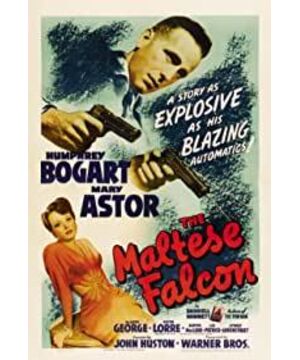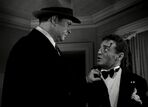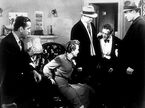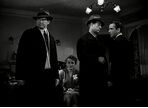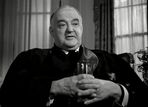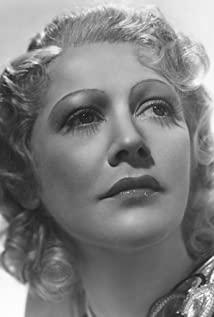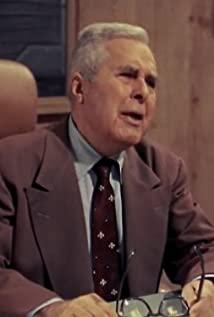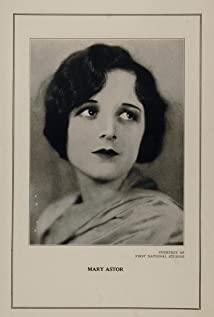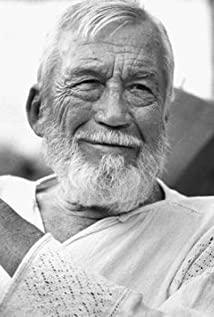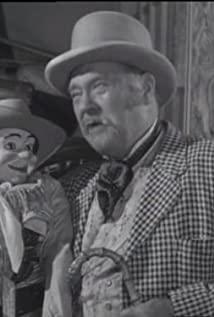✒︎ The 1932 adaptation of "The Maltese Falcon" (The Maltese Falcon) was called "Dangerous Female", and the "Double Compensation" adapted by Billy Wilder and Raymond Chandler was tentatively scheduled It's called "Incendiary Blonde" (Incendiary Blonde). 【introduction】
✒︎
◉ If the heyday of film noir was from 1941 to 1958, why did this term not be widely used until the 1970s?
☉Heyday: The term film noir echoes the "Noir Fiction Series." The first use of it appeared in reviews of five film works produced before and after World War II. At that time, these five films The films are being released consecutively in Paris. They are: "The Maltese Eagle", "Double Indemnity", "Laura", "Murder, My Sweet" (1944), and-considering it is in most of the subsequent articles The fact that it has disappeared in China is a bit surprising-"The Lost Weekend" (The Lost Weekend, 1945).
✒︎: Most of the protagonists in film noir are lonely. They spy on others' privacy while evading their own secrets. This type of character image was originally portrayed by Dashiell Hammett, and later developed to its peak in Raymond Chandler's writings. Humphrey Bogart’s roles in Hammet’s The Maltese Falcon (1941) and Chandler’s The Big Sleep (1946) marked a certain The birth of the character type, this type will occupy an important position on the movie screen in the future. 【Chinatown】
✒︎: There must be one crime in the crime type, and it must happen early in the story. There must be a detective character who finds clues and asks questions, whether he/she is professional or amateur. In thrillers, criminals must also "personalize" things. Although the story can start with a police officer who collects black money, in order to deepen the plot, at a certain point, we must let the criminals go beyond the bottom line. And clichés revolve around this routine like fungus: criminals threaten the police’s family or turn the police themselves into suspects; or, as a cliché in the clichés, criminals kill the detective’s partner-the root of this routine It can be traced back to the "Eagle of Malta". In the end, the police must find out the truth, arrest the criminal and bring him to justice.
✒︎: Although only dialogue can be written into a book, here are some ways to add color to the plot through dialogue. First of all, each character must have its own way of speaking, and must not sound exactly the same; second, the wording of the characters should slightly reveal who they are.
If there is a character who always goes forward bravely, his way of speaking will conform to this personality, and his words should be tough and direct. Sam Spade is such a person in The Maltese Falcon by American novelist Dashiell Hammett. In the following conversation, he meets the weird dwarf invader Joel Kairo:
"Kairo, I caught you. You killed someone last night, and now you're a self-inflicted snare. The police could have arrested you long ago. Well, now you have to listen to me obediently."
But Kailuo is a yuppie gentleman, always smelling of gardenia, his words are more gorgeous:
"Before I acted, I did some in-depth research on you. I firmly believe that you are reasonable and will not let other factors affect this profitable trading relationship."
Just from the choice of words and words, we can see that these two roles are very different. Please imagine the dialogue as a weapon used in the play, because the plot is about conflict and conquest, so when the characters try to outsmart the other party, they will naturally use language as a weapon.
There are so many kinds of weapons of language-anger, nicknames, shamelessness, care about him-all modes of human interaction can be used. [Chapter 1: So what is the plot? 】
✒︎: The key point: The two options faced by the protagonist must be able to form a real choice, which must be both positive and negative at the same time (this situation is quite rare, "Sophie's Choice" is an example).
These choices should be as equal as possible, and one of them seems to bring slightly better results than the other. The classic example of two positive options is to choose between love and honor. In "A Farewell to Arms" (A Farewell to Arms), the protagonist chooses love; in "The Maltese Falcon" (The Maltese Falcon) and most detective stories, the protagonist chooses honor.
Please note again that the purpose of this technique is to identify possible ethical choices. The choices you make at this time may also be completely changed throughout the process of creating your story. This technique just forces you to think about the topic of your story from a practical level before you start writing. [2.2 Develop your story premise]
✒︎: A novel is a journey of words. The end of the journey is the seemingly unattainable wishes of the characters. A wish can be a thing, such as the valuable statuette in Dashiell Hammett's "The Maltese Falcon" (The Maltese Falcon). [Motivation, desire and goal]
View more about The Maltese Falcon reviews


